22 Summer Foreign Travel Tips: Know Before You Go
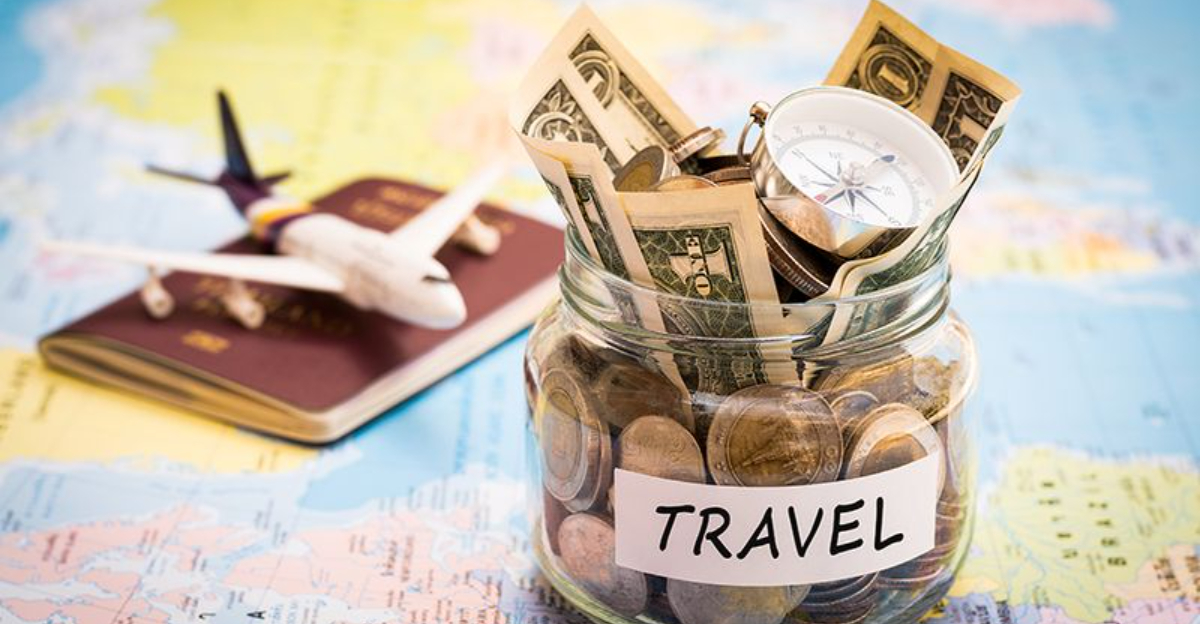
Summer trips abroad can deliver once-in-a-lifetime experiences — if you’re ready for them. A little planning goes a long way when it comes to passports, local laws, safety, and unexpected surprises. Overlooking a few small details can easily turn an exciting getaway into a stressful situation.
Before you head to the airport, make sure you’re fully prepared with these must-know travel tips for a smoother, stress-free summer abroad.
1. Valid Passport Requirements
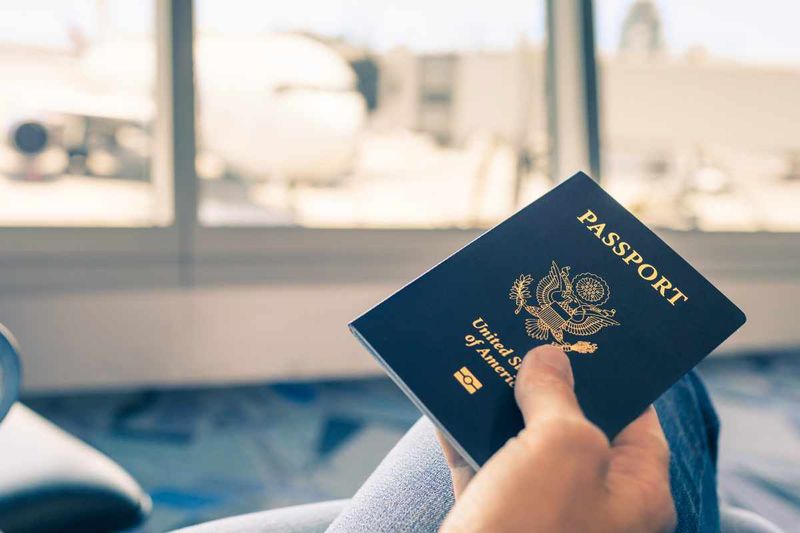
Before dreaming about exotic beaches, check your passport’s expiration date. Many countries require at least six months validity beyond your planned return date.
Renewing a passport can take 6-8 weeks during summer’s busy travel season, so don’t delay. Consider expedited services if you’re short on time.
2. Visa And Entry Requirements
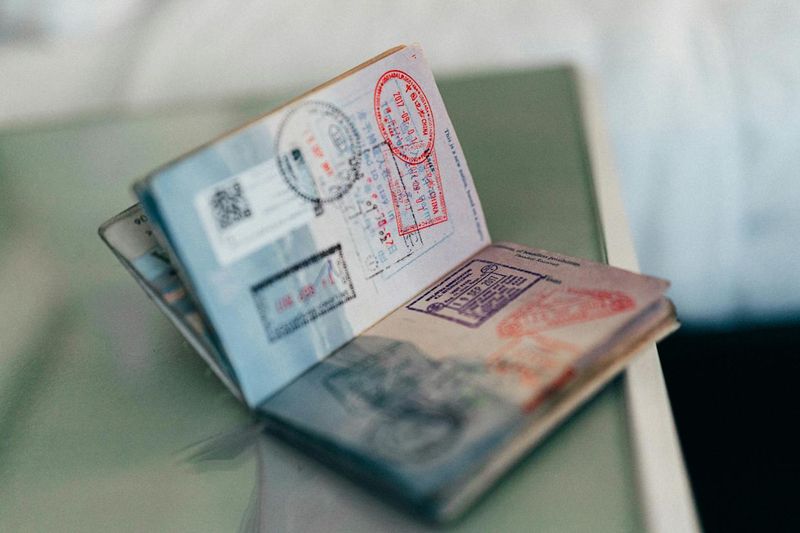
Research is your best friend when planning international trips. Entry requirements vary dramatically between countries, with some offering visa-free access while others demand complex application processes.
Visa applications might require proof of accommodation, return tickets, or financial statements. Allow plenty of time—some visas take weeks or even months to process.
3. Health Certificates And Vaccinations

Planning ahead means researching health requirements months before departure. Certain regions require specific vaccinations like yellow fever, typhoid, or hepatitis.
Schedule a travel medicine consultation at least 6-8 weeks before your trip. Some vaccines require multiple doses spaced weeks apart, while others need time to become fully effective before you travel.
4. Booking Flights Early
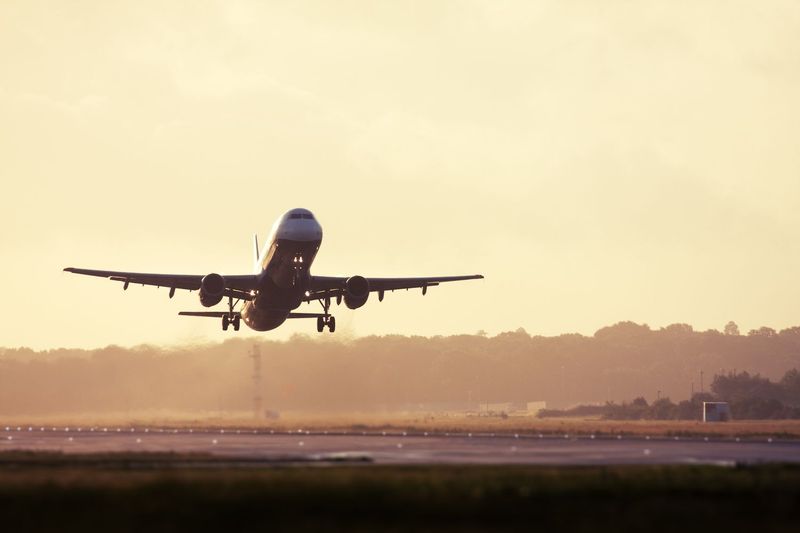
Securing your airfare months in advance can save hundreds of dollars per ticket. Summer is peak season for most destinations, causing prices to surge as departure dates approach.
Consider flexible date searches and flight alerts to catch price drops. Mid-week departures often cost less than weekend flights, and connecting flights typically offer better deals than direct routes.
5. Arranging Airport Transfers

Arriving in a new country exhausted from a long flight isn’t the time to figure out local transportation. Pre-booking ensures someone will be waiting for you, often with your name on a sign.
Airport transfers eliminate haggling with taxi drivers or navigating unfamiliar public transport systems. Many hotels offer this service, or you can book through reputable transportation companies online.
6. International Driving Permits
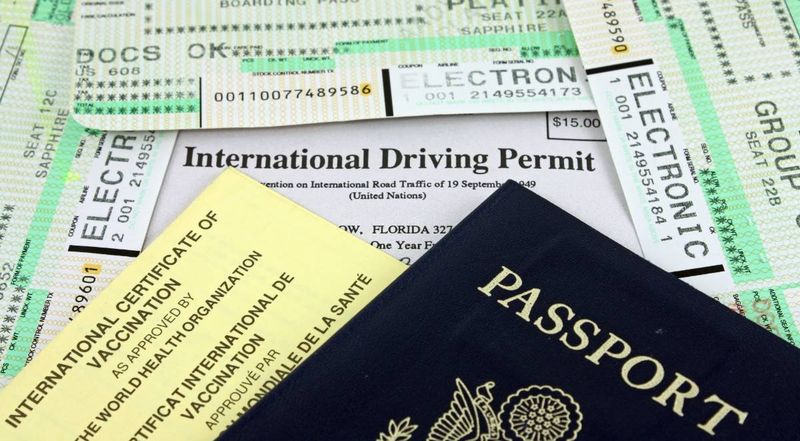
Freedom on the open road requires proper documentation when traveling abroad. Without an IDP, you might be denied a rental car or face hefty fines if stopped by local police.
International Driving Permits translate your license information into multiple languages. Obtain one through AAA or other authorized organizations before departure—they’re not available outside your home country.
7. Currency Exchange Options
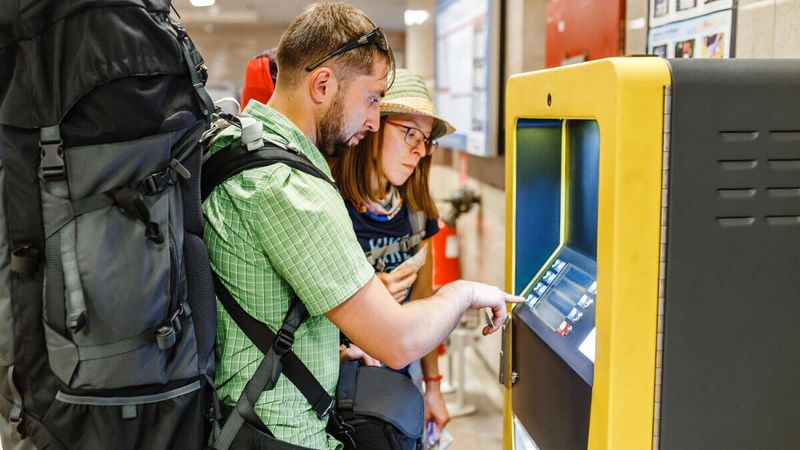
Smart travelers know that airport kiosks offer terrible exchange rates. Instead, withdraw local currency from ATMs after arrival for better rates than exchanging cash.
Currency exchange strategies can save you significant money on longer trips. Consider exchanging a small amount before departure for immediate needs like taxis or meals, then use bank ATMs for the bulk of your cash needs.
8. Notifying Banks And Credit Card Companies

Few things disrupt vacation plans faster than declined cards. A quick call or online notification before departure prevents security algorithms from flagging your international purchases as suspicious.
Make this notification about 7-10 days before travel. Provide specific countries and dates to your financial institutions, and keep their international customer service numbers handy in case issues arise.
9. Carrying Multiple Payment Methods

Savvy globetrotters never rely on a single financial lifeline. Spreading your money across different payment forms provides security and flexibility when traveling internationally.
Keep some cash, a primary credit card, and a backup card in separate locations. Consider specialized travel cards or apps like Wise or Revolut that offer competitive exchange rates and low international fees.
10. Budgeting For Unexpected Expenses
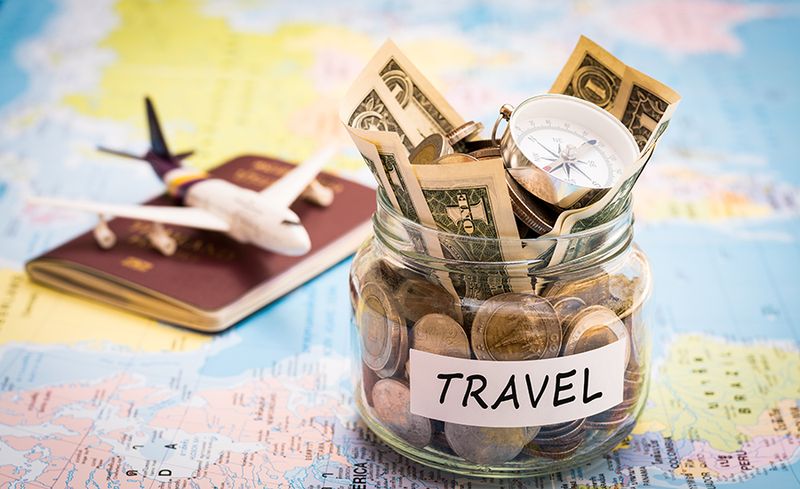
Even meticulous planners encounter surprise costs abroad. Setting aside an emergency fund—about 15-20% of your total budget—provides peace of mind when facing unexpected situations.
Unanticipated expenses might include weather-related flight changes, medical visits, replacement items for lost luggage, or simply discovering irresistible experiences not in your original plan. This financial cushion ensures these surprises enhance rather than derail your journey.
11. Travel Health Insurance
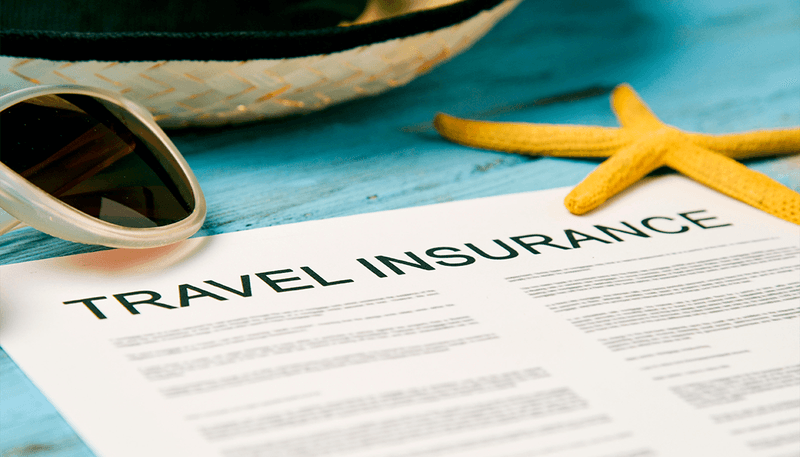
Medical emergencies abroad can quickly become financial catastrophes without proper coverage. Many domestic health plans offer limited or no international coverage, leaving travelers vulnerable to enormous bills.
Quality travel health insurance includes emergency medical evacuation, which can cost $50,000+ from remote locations. Policies typically cost just dollars per day but provide millions in potential coverage—a small price for potentially life-saving protection.
12. Carrying Medications And Prescriptions

Packing essential medications requires more thought than simply tossing pills into your toiletry bag. Always carry medications in original labeled containers to avoid customs issues.
Bring a doctor’s letter explaining your prescriptions, especially for controlled substances. Pack medications in carry-on luggage, not checked bags, and bring enough for your entire trip plus a few extra days in case of delays.
13. Emergency Contacts And Embassy Info
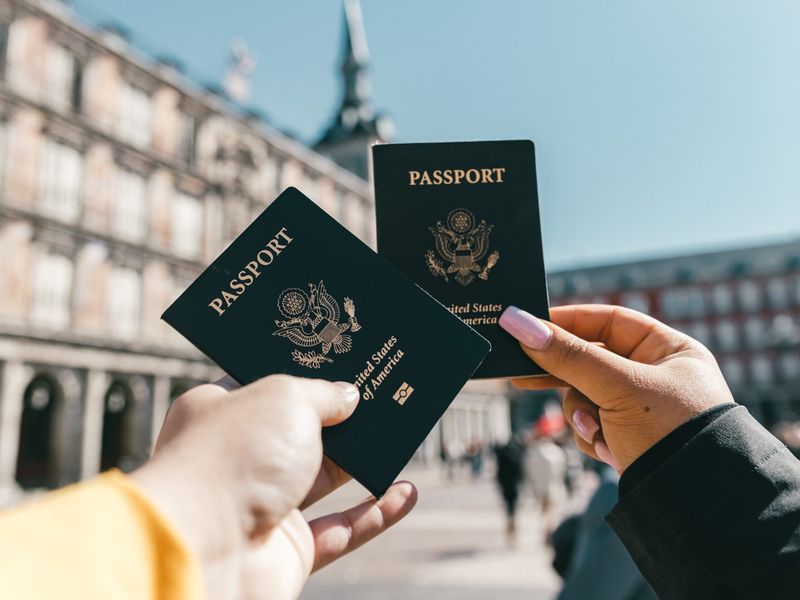
Preparation means knowing exactly who to call when problems arise. Store embassy contacts, local emergency numbers, and family information both digitally and on paper.
Register your trip with your country’s embassy through programs like the U.S. State Department’s STEP. This ensures officials can locate you during natural disasters, civil unrest, or family emergencies back home.
14. Local Health Risks And Safety Precautions

Knowledge about regional health concerns can prevent vacation-ruining illnesses. From insect-borne diseases to unsafe tap water, each destination presents unique challenges.
Research specific health risks through resources like the CDC’s Travelers’ Health website. Pack appropriate items like insect repellent, water purification tools, or sunscreen based on your destination’s particular health landscape.
15. Packing For Climate And Customs
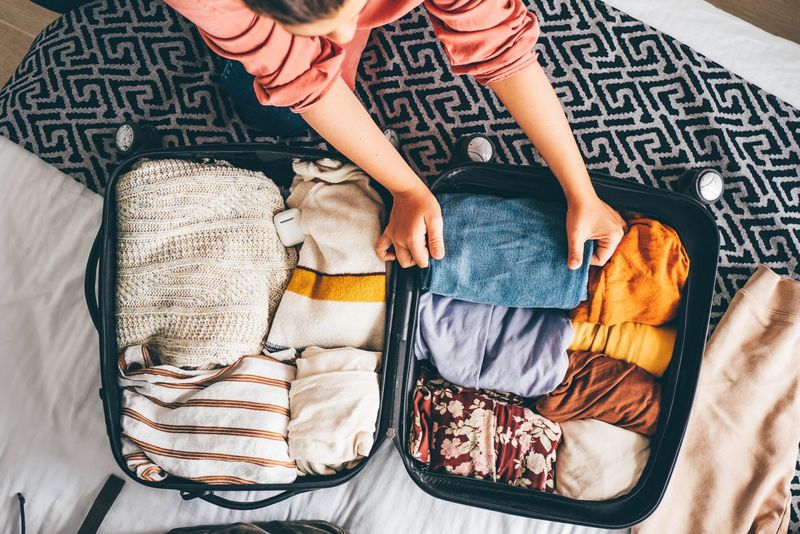
Smart packing considers both weather patterns and cultural norms. Research your destination’s typical summer conditions, including temperature ranges, humidity levels, and rainfall patterns.
Clothing choices should reflect local customs, particularly in conservative regions where revealing attire might cause offense. Lightweight, breathable fabrics that can be layered work best for variable summer weather and different cultural settings.
16. Baggage Allowances And Restrictions
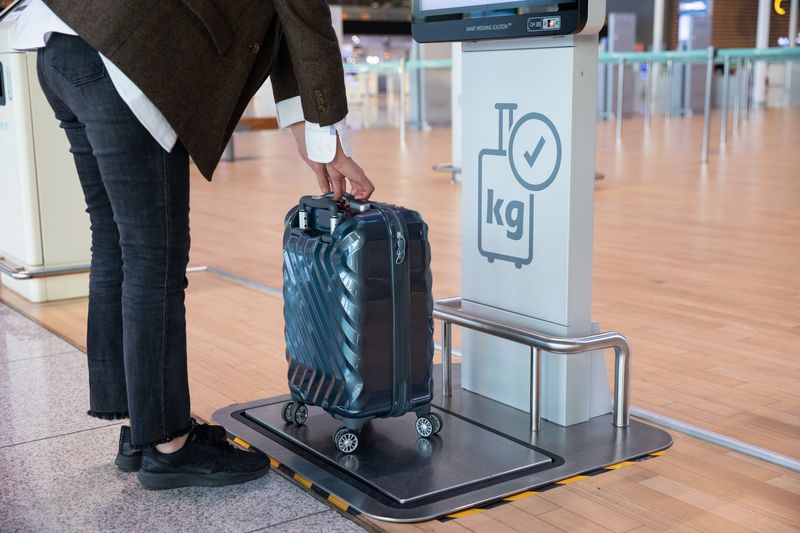
Airline policies vary dramatically, especially on international routes. Checking specific allowances before packing can save you from expensive excess baggage fees or repacking at check-in.
Many international carriers restrict carry-on items more strictly than domestic flights. Consider investing in a luggage scale and compression packing cubes to maximize your allowance while staying within limits.
17. Learning Basic Local Phrases

Making an effort to communicate in the local language opens doors to authentic experiences. Even mastering a few key phrases shows respect and often results in warmer welcomes from locals.
Focus on practical expressions like greetings, thank you, please, numbers, and emergency phrases. Language apps with offline capabilities ensure you can access translations even without internet connection.
18. Understanding Tipping Customs

Gratuity expectations vary dramatically around the globe. In some countries, tipping is considered offensive, while in others, service workers depend on tips for their livelihood.
Research tipping customs before arrival to avoid awkward situations or unintentional insults. This includes restaurants, hotels, taxis, and tour guides—each may have different expectations even within the same country.
19. Dress Codes And Modesty Guidelines

Cultural sensitivity begins with appropriate attire. Many religious sites require covered shoulders, knees, or heads, regardless of summer heat.
Research specific dress requirements for your destinations, particularly for temples, churches, mosques, and government buildings. Versatile items like lightweight scarves can quickly adapt your outfit to meet modesty requirements while still staying comfortable in summer temperatures.
20. Technology And International Phone Plans

Staying connected while abroad requires planning to avoid shocking bills. Check if your current phone plan includes international coverage or consider temporary international plans from your provider.
Alternative options include purchasing local SIM cards upon arrival or using eSIM technology. Download essential apps and maps for offline use before departure, and bring appropriate power adapters for your devices.
21. Avoiding Scams And Pickpockets
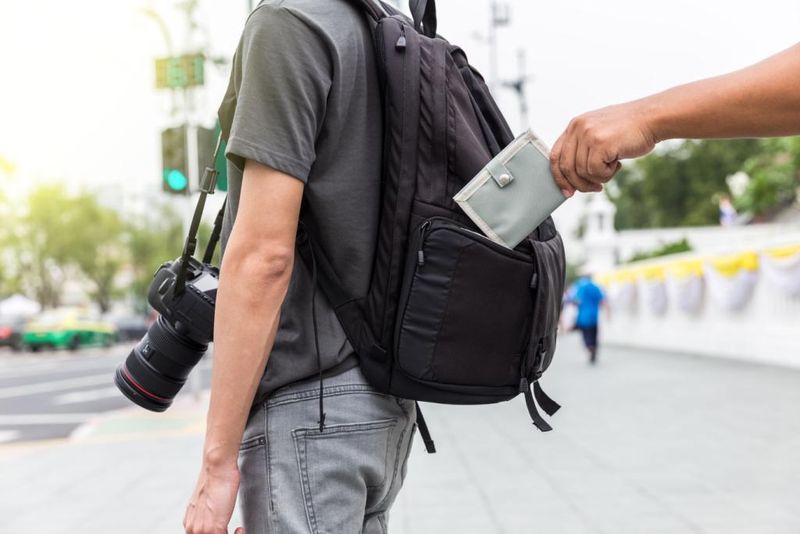
Tourist-targeting scams exist worldwide, from fake police officers to rigged taxi meters. Awareness is your best defense against these common schemes.
Popular destinations often have specific scams—research these before arrival. Keep valuables secure in anti-theft bags or money belts, and maintain situational awareness, especially in crowded tourist areas, public transportation, and markets.
22. Keeping Documents And Valuables Secure
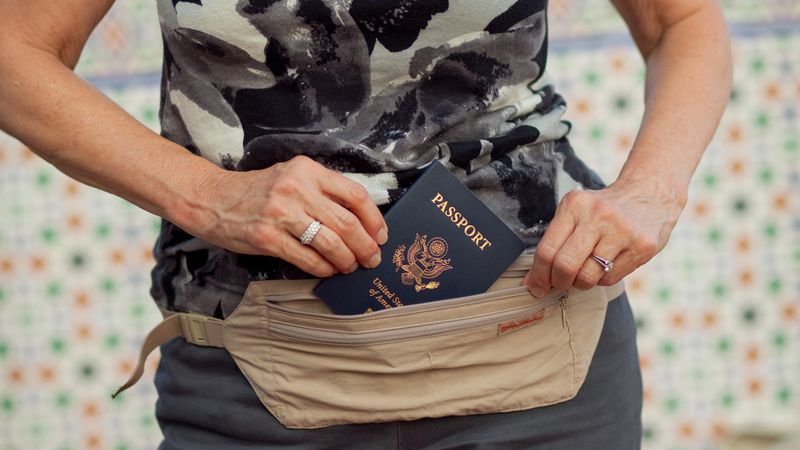
Losing important items while traveling can turn into a serious headache. Passports, credit cards, and cash are top targets for thieves and easy to misplace if you’re not careful. Keep essential documents in a secure, dedicated spot like a neck wallet, money belt, or a hidden pouch inside your bag.
Only carry what you need for the day, and leave backups of important documents in your hotel safe or locked luggage. Staying organized and alert helps reduce the risk of theft and makes it easier to access what you need when you need it.
